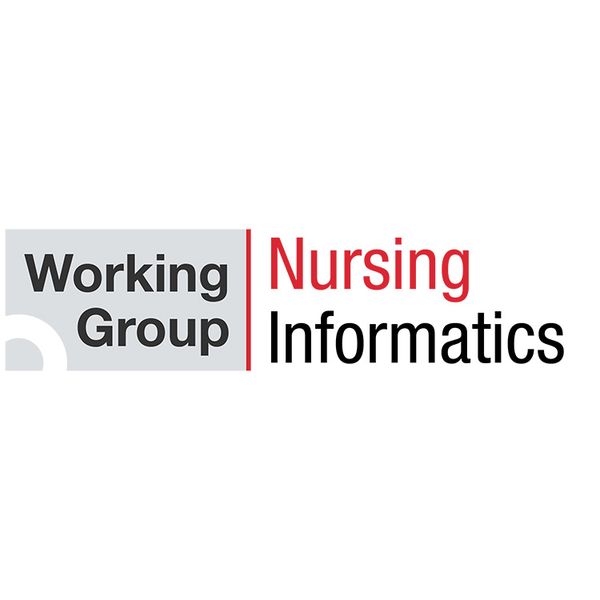Working Group Webinar Library
Webinar Library
Conventional NLP Classifiers versus Large Language Models for Risk Prediction in Clinical Care
The deployment of text-based AI models at the point of care introduces new opportunities—and risks—for improving clinical documentation, communication, and decision support. In this talk, I will share lessons learned from the real-world bedside implementation of AI systems that use the EHR notes for screening opioid misuse to Ambient AI for automating clinical documentation, as well as methods for monitoring, evaluation, and continuous improvement.

AI Scientists for Biomedical Discoveries
In this talk, James Zou, PhD explores how generative AI agents can enable drug discovery and development. He introduces the Virtual Lab—a collaborative team of AI scientist agents conducting in silico research meetings to tackle open-ended R&D projects.

AMIA KDDM Panel: Real-World AI Implementation in Healthcare
This dynamic discussion will feature perspectives from academia, clinical practice, and industry, highlighting practical strategies for integrating AI solutions into healthcare settings. Panelists will share experiences, challenges, and lessons learned from implementation efforts, with a focus on governance, workflow integration, and impact assessment.

Shaping the Future of Health Informatics: Exploring FACMI and FAMIA Opportunities
This webinar explores the pathways and requirements for FACMI and FAMIA, and their impact on professional development in health informatics. The webinar will also feature insights and testimonials from current fellows, offering first-hand perspectives on their experiences.

Bedside Implementation and Evaluation of AI Systems focused on Electronic Health Record Notes: Lessons from Applications in Natural Language Processing and Large Language Models
The deployment of text-based AI models at the point of care introduces new opportunities—and risks—for improving clinical documentation, communication, and decision support. In this talk, I will share lessons learned from the real-world bedside implementation of AI systems that use the EHR notes for screening opioid misuse to Ambient AI for automating clinical documentation, as well as methods for monitoring, evaluation, and continuous improvement.
